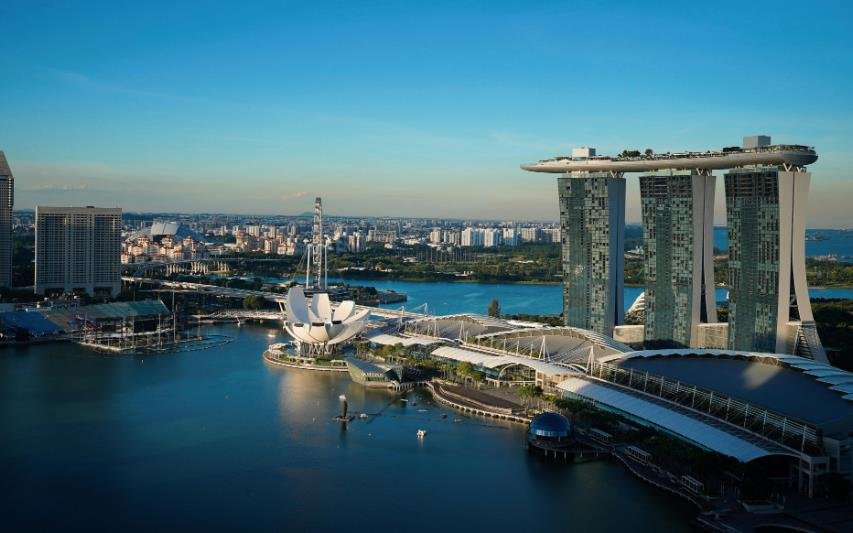Singapore has been recognized as a “resilience champion,” securing the third spot on the 2024 FM Global Resilience Index. This accolade highlights the nation’s robust economy, strategic location, and stable government, which collectively bolster its status as a global business hub. Singapore’s commitment to resilience and sustainability has positioned it as a leader in business excellence, attracting multinational companies and fostering a dynamic economic environment. The nation’s forward-looking policies and investments in infrastructure and innovation continue to drive its global business appeal.
Singapore’s high ranking on the FM Global Resilience Index is a testament to its economic resilience and stability. The nation has consistently set benchmarks for business resilience, maintaining its position as a top contender in the index over the past decade. This resilience is underpinned by a progressive and robust economy that has seen rapid development since its independence. Singapore’s per capita GDP has grown significantly, making it one of the top three globally.

The country’s strategic location and efficient government play crucial roles in its economic success. Singapore serves as a regional hub for international business, offering a secure and stable environment for global multinational companies, financial institutions, and technology research centers. The nation’s excellence in logistics, urbanization, and political risk management further enhances its attractiveness as a business destination.
Despite its strengths, Singapore faces challenges related to climate and geopolitical risks. The nation ranks lower in areas such as climate change exposure and water stress due to its tropical location and limited natural resources. However, Singapore’s proactive approach to addressing these risks through comprehensive environmental policies and sustainable urban planning demonstrates its commitment to long-term resilience.
Commitment to Sustainability
Singapore’s commitment to sustainability is a key factor in its resilience strategy. The Singapore Green Plan 2030 outlines the nation’s goals to transition from fossil fuels to renewable energy, promote green buildings, and reduce emissions through vehicle quotas. These initiatives are designed to address climate risks and promote greater economic sustainability.
The government’s focus on water conservation, clean energy promotion, and sustainable urban planning is evident in various projects and policies. For instance, the use of advanced water management systems and the development of green infrastructure are critical components of Singapore’s sustainability efforts. These measures not only mitigate environmental risks but also enhance the quality of life for residents.
Singapore’s leadership in sustainability extends to its business practices. The nation encourages companies to adopt sustainable practices and integrate environmental considerations into their operations. This approach not only supports the global sustainability agenda but also enhances Singapore’s reputation as a responsible and forward-thinking business hub.
Future Prospects and Challenges
Looking ahead, Singapore’s resilience and sustainability efforts position it well for future challenges and opportunities. The nation’s ability to adapt to changing global dynamics and address emerging risks will be crucial in maintaining its status as a global business leader. Continued investments in infrastructure, innovation, and sustainability will be key drivers of economic growth and resilience.
However, Singapore must remain vigilant in addressing ongoing and new challenges. Climate change, geopolitical tensions, and economic uncertainties are persistent risks that require proactive and adaptive strategies. The nation’s commitment to resilience and sustainability will be tested as it navigates these complex issues.
The support of the international community and collaboration with global partners will also play a vital role in Singapore’s future success. By fostering strong relationships and leveraging its strategic advantages, Singapore can continue to thrive as a resilient and dynamic global business hub.








